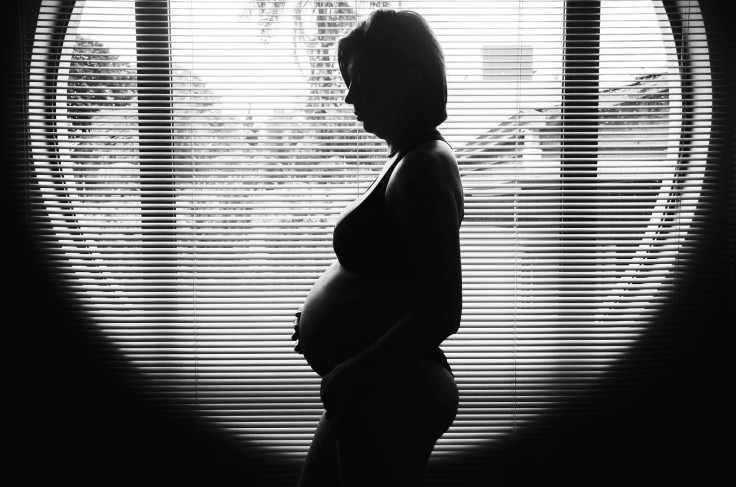Antidepressant Use During Pregnancy May Increase Autism Risk By 45 Percent

New research suggests that antidepressant use during pregnancy may be linked to increased risk of autism in children, although researchers emphasize the results are preliminary, and there may be other factors contributing to this risk.
The study found that children born to mothers who had taken antidepressants at any point during their pregnancy were 45 percent more likely to be diagnosed with autism. In particular, antidepressant use was linked to autism that was not also connected to intellectual disabilities, the form of autism believed to be the most inheritable.
However, antidepressants may not be the true cause for the link, as the same research showed that only 2 percent of autism cases would be prevented if antidepressant use was completely ended in pregnant women. In addition, more than 95 percent of women who took antidepressants during pregnancy did not go on to have children diagnosed with autism.
"Overall, the increase in risk was quite small," said study co-author Brian Lee in a recent statement. "Of children exposed to antidepressants during pregnancy, 4.1 percent had an autism diagnosis. In comparison, children of mothers with a history of a psychiatric disorder but who did not use antidepressants during pregnancy had a 2.9 percent prevalence of autism."
The results are based on research from children born in Stockholm Sweden between 2001 and 2011, and is published online in the BMJ. The researchers also looked into whether or not a father’s antidepressant use was also associated with autism risk, but found no connection. This suggests that the increased risk of autism in children born to mothers who took antidepressants during pregnancy was not entirely due to a genetic history of psychiatric disorders.
The researchers say that these results should not be used to guide doctors in prescribing antidepressants in pregnant women; they open a door for further discussion into factors that may play a role in autism risk.
"Our advice for pregnant women and clinicians is very clear. They should not base decisions about the use of antidepressants during pregnancy on any one study, especially when the research evidence is conflicting, as in this case where different studies have reached different conclusions," said lead author Dheeraj Rai in a statement.
Past studies have shown stopping antidepressant use during pregnancy could have dangerous consequences. For example, according to WebMD, babies already exposed to antidepressants in the womb may experience withdrawal symptoms if a mother suddenly stops use. Also, in some cases, the effects of untreated depression can be more dangerous than the drug’s possible side effects, as the condition can prevent a mother from properly taking care of herself.
Source: Rai D, Lee BK, Dalman C, Lewis G. Antidepressants during pregnancy and autism in offspring: population based cohort study. BMJ . 2017
See Also:
Published by Medicaldaily.com



























